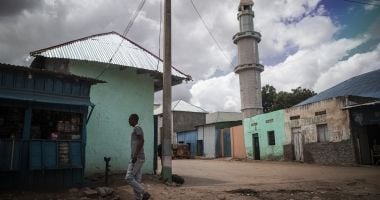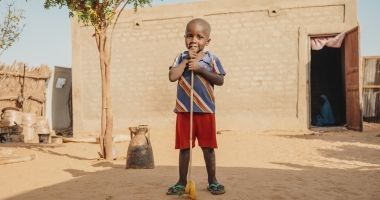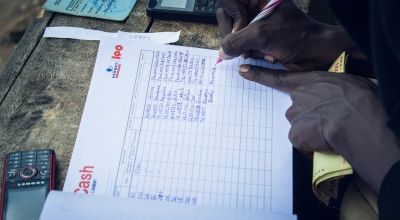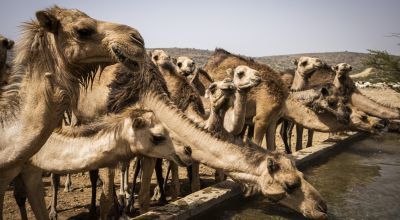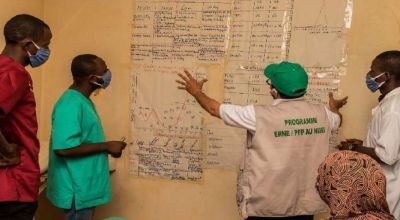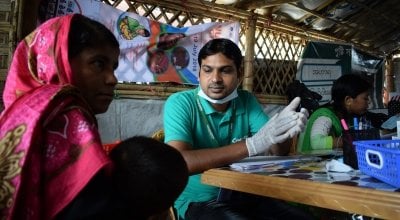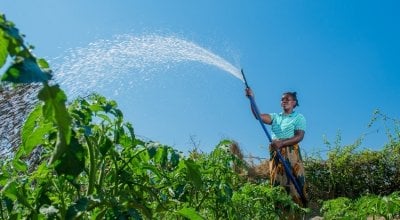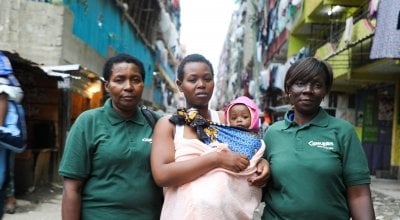
Read our 2023 annual report

Knowledge Hub
Why Niger? Niger is one of the poorest countries in the world, with 52% of its population living on less than $2.15 a day. The situation has been exacerbated by social and political tensions following a coup d’état in July 2023, which in turn has led to rising inflation rates, power outages, and increased food insecurity.
A fatal combination of insecurity, violence, climate change, and hunger
Niger has faced several challenges over the last decade. The 2023 coup d’état came after a series of coups in neighbouring countries, prompted by a rise in attacks across the region by non-state armed groups and declining economic prospects. This has led to over 13 million Nigeriens living in poverty.
Between chronic vulnerability and armed conflicts, more than 2.9 million people in Niger are currently in need of humanitarian assistance. Many of these people are also displaced due to conflict, including over 335,000 internally-displaced Nigeriens and 305,000 refugees from the region.
Latest achievements
Healthcare
On the basis of its success, Concern’s Surge Approach to managing health and nutrition in Niger was incorporated into the country’s National Malnutrition Management Protocol in 2023.
Disaster risk reduction
Education
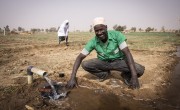
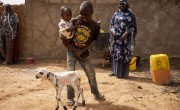
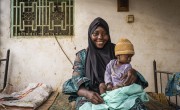

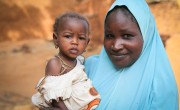
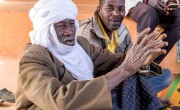
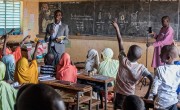
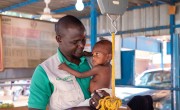
How we’re helping Niger
Our response in Niger focuses on tackling the structural causes of extreme poverty through health, nutrition, livelihoods and education support.
Latest from Niger

Other ways to help
Corporate support
Is your company interested in working together for a common cause?
Fundraise for Concern
From mountain trekking to marathon running, cake sales to table quizzes, there are lots of ways you can support our work.
Buy a gift
With an extensive range of alternative gifts, we have something to suit everybody.
Leave a gift in your will
Leave the world a better place with a life-changing legacy.
Volunteer with Concern
The lots of ways to get involved with our work as a volunteer
School fundraising
Without the generous support from schools, we wouldn't be able to do the work that we do.




